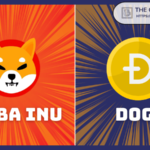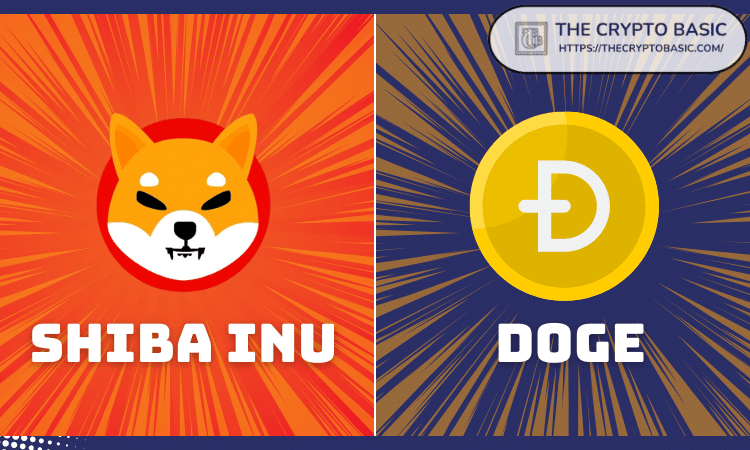Alpha is a blockchain designed to mainly facilitate decentralized trading.
Vega has officially launched its Alpha mainnet, which is a specialized blockchain created to enable decentralized trading of financial products like futures and options in the crypto derivatives market.
Alpha provides support for different types of markets and assets, such as futures, spot swaps, options, and perpetuals that reflect the prices of different tokens. This allows users to employ strategies to capitalize on the price fluctuations of these assets.
Vega token (VEGA) holders who stake their tokens have the ability to suggest and vote on the establishment of new derivatives markets. Furthermore, traders can engage in trading activities without having to pay gas fees, as mentioned by a developer in a conversation with CoinDesk on Telegram. VEGA is an ERC-20 token built on the Ethereum network and is connected to the Vega blockchain through an Ethereum-to-Vega bridge.
Market makers can function in a similar manner as they do on traditional orderbook-based exchanges. They have the opportunity to allocate capital on-chain as liquidity providers, allowing them to earn a share of the trading fees.
It is worth noting that traders are not obligated to use the Vega token to access the protocol. In the case of Vega, there are no separate gas fees for placing orders or conducting trades. Therefore, unlike many other decentralized finance (DeFi) protocols, users only need the specific tokens being traded, eliminating the need for additional tokens like the Vega token.
Vega Protocol provides a trading experience without any gas fees and with low latency. Moreover, the protocol incorporates a feature aimed at deterring front running, which is an undesirable practice where a market maker or trader purchases a token and swiftly resells it at a slightly higher price within the same transaction. This feature is designed to attract traders to the protocol by offering a fairer and more secure trading environment.











